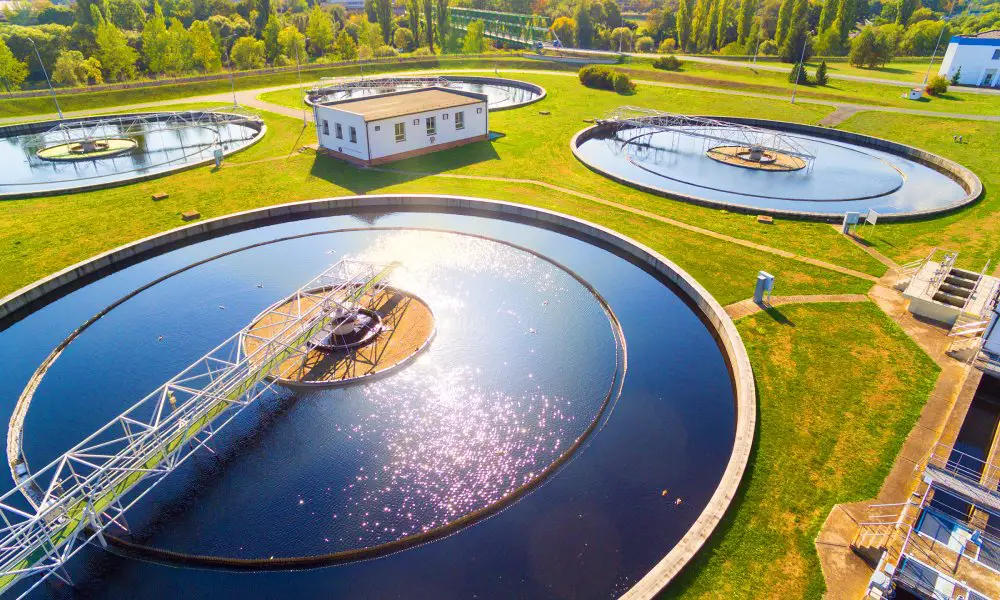

Effective water management is essential across multiple sectors, such as agriculture, industry, and municipal water systems. The use of pressure transducers is a key advancement in this area. Let’s explore how pressure transducers improve water management with real-time data collection, system optimization, and leak detection.
Pressure transducers convert pressure into an electrical signal that professionals can measure and process. This transformation provides accurate readings essential for monitoring and control. The technology uses a pressure-sensitive element connected to a transducer, often a strain gauge, to achieve this.
Precision in pressure measurement directly impacts system reliability and safety. Accurate pressure readings allow more informed decision-making regarding resource allocation and system maintenance. Enhancing accuracy also ensures compliance with regulatory standards, minimizing potential fines and penalties.
Pressure transducers are designed to meet different needs. Popular options include:
Each type has distinct features and uses, making them valuable in numerous industries.
Choosing the appropriate pressure transducer involves considering factors such as pressure range, environmental conditions, and compatibility with existing infrastructure. Proper selection ensures optimal performance and longevity of the device.
Temperature fluctuations can influence the performance of pressure transducers. High temperatures may cause sensor drift and inaccuracies, while extreme cold can lead to mechanical stress and component failure. Selecting temperature-compensated transducers mitigates these risks.
Integrating pressure transducers into water management systems requires a thorough understanding of system architecture. Proper integration involves selecting suitable mounting locations, ensuring compatibility with data acquisition systems, and configuring software for real-time monitoring.
Improving water management systems with pressure transducers offers numerous benefits. These benefits include:
Pressure transducers provide valuable data that informs resource allocation decisions. By monitoring pressure fluctuations and trends, operators can identify inefficiencies and adjust allocations. This proactive approach minimizes waste and maximizes system performance.
Enhancing system reliability involves continuous monitoring and timely maintenance. Pressure transducers deliver real-time data that enables operators to detect and address potential issues before they escalate. This approach reduces downtime and improves safety.
Pressure transducers contribute to energy efficiency by providing accurate data for optimizing pump and valve operations. This optimization reduces energy consumption and minimizes operational costs, making water management systems more sustainable and cost-effective.
Pressure transducers offer significant advantages in water management systems. By enhancing precision, reliability, and efficiency, these devices contribute to more effective and sustainable operations. Adopting pressure transducers signifies a commitment to innovation and excellence in water management.
American families are once again juggling the seasonal custom—and financial burden—of back-to-school shopping as the…
Want to bond over unexpected activities? Look at these unconventional ways to connect with your…
Burnout isn’t just something that happens to CEOs. For moms homeschooling littles, it’s a very…
When it comes to long-distance motorcycling, comfort, reliability, and smart engineering can make or break…
Flowers have seen significant transformation over time; online flower shopping is increasingly common now for…
Learn essential first-time landlord tips for success, from tenant screening to property maintenance. These strategies…